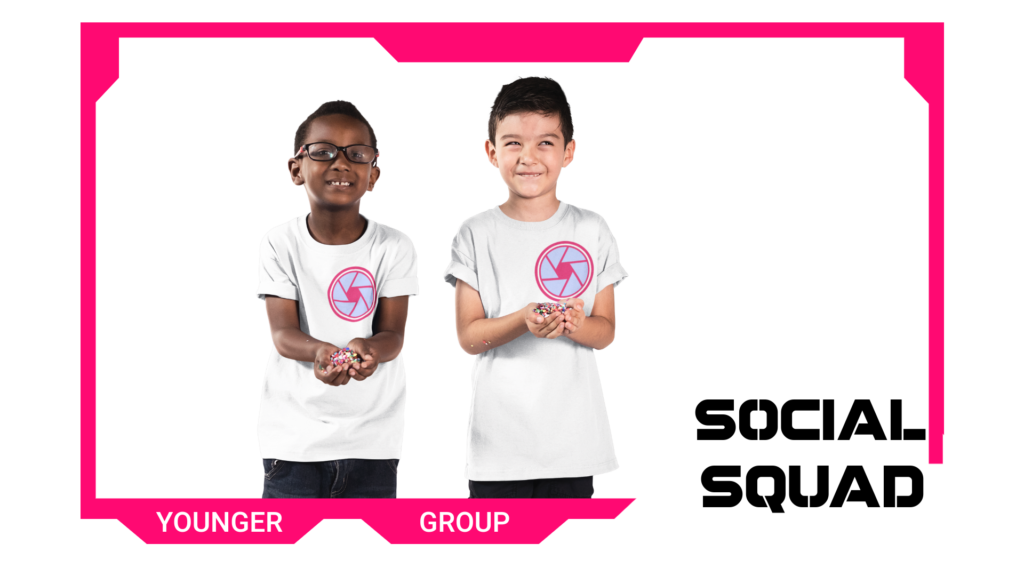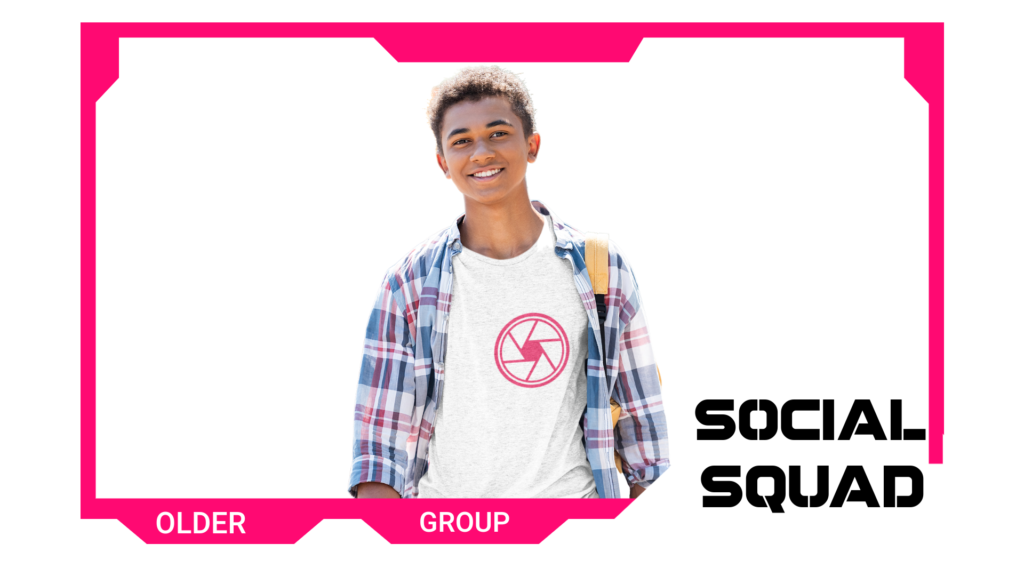reviewed and edited by autistic SLPs
Neurodiversity Affirming Goals
Neurodiversity affirming social communication goals that target: Reflective Self-Awareness, Understanding Emotions, Self-Regulation, Discovering Personal Profile, Social Anxiety, Active Listening, Rhetorical Questions, Exaggeration, Entering Conversations, Self-Advocacy, Conversational Adaptation, Sarcasm, etc.

get a 3-month free trial
No credit card required, get a 3-month free access!
Get access to neurodiversity affirming social communication explainer videos, social scenes, peer mentored videos and more. At sign up, skip payment information and use code E2022
What We Offer
We develop research-based intervention tools and tests for speech-language pathologists and school psychologists
Social Squad
A neurodiversity affirming approach with over 400 explainer videos, social scenes, and more
Impact Scale
A standardized rating scale that examines how social communication may affect everyday social interactions and/or academic performance as required by IDEA
Featured Topics
content reviewed by autistic SLPs, autistic students and their parents
Sample Videos
List of Social Squad Topics
Reflective Self-Awareness (brain differences, what social communication entails, differences and brain differences, interoception, neurodiversity, social communication differences, accommodations, strengths), Discovering Emotions (why do we need emotions? sources of emotion, intensity of emotions, what emotions feel like), Understanding Emotions, Self-Regulation (what happens when a person is not self-aware, cause-effect analysis, intent of messages and uncertainty, "behavior is not something that happens for no reason"), Discovering Personal Profile (feeling different, double empathy, becoming friends with yourself, establishing interests, likes, dislikes and deal breakers, "you don’t have to like someone", goals, varieties of strategies, friendships), Social Anxiety (when you think this program is not for you, anxiety, classical conditioning, brave ladder and abdominal breathing, positive thinking, negative self-talk, jumping to conclusions, personalization, and more)
Conversational Strategies (Active and Genuine Listening, Rhetorical Questions, Exaggeration, Strategies for communicating with friends and acquaintances, Entering conversations, Handling Confrontations, Saying “No”, Apologies, Self-Advocacy, Maintaining Friendships, Special Topics), Friendship practice videos, Sharing private information, White lies
How to connect with people and find new friends – strategies, social mind and big heart, empathy, sarcasm, dealing with change and disappointment
Impact Social Communication Rating Scale
Examine how social communication may affect everyday social interactions and/or academic performance as required by IDEA
Now Available in Spanish
Highlights
Helps measure impact on educational progress. Questions presented in a video based format. Automated scoring. Parents and teachers can easily access the rating forms online (by phone, tablet, etc). Parent Spanish forms and instructions included.
scores
Standard scores,
percentile ranks, impact analysis
ages
5-21 years
psychometric data
Nationwide standardization sample of 1006 examinees (typically developing), stratified to match the most recent U.S. Census data on gender, race/ethnicity, and region. Strong sensitivity and specificity (above 80%), high internal consistency, and test-retest reliabilities.
format
Online rating scale with accompanying videos that narrate and explain the questions. Automated scoring
Administration time
30 to 45 mins for all 3 rating scales
Use Evidence Based Programs to Boost Outcomes
The Video Learning Squad programs are developed by the Lavi Institute and are held to highest standards in validation of intervention programs. Our programs are first field-tested, validated and then made available for clinical use. The Social Skills Squad program has been clinically used and field-tested with children and teens (between the ages of 7 and 18) with Autism Spectrum Disorder (ASD), Social Communication Disorder (SCD) or pragmatic language impairment, Emotional Disturbance (ED) and Intellectual Disability (ID)
What Our SLP Customers Have to Say






find us at ASHA
ASHA Live Event
ASHA Live Chat: "Power Up Pragmatic Treatment Outcomes with Cutting-Edge Evidence Based Techniques
Join Our 8000+ SLPs Today Who Use Our Programs!
EXPRESS YOUR CREATIVE FLAIR IN THERAPY
Make Your Therapy Sessions Magical and Effective Everytime


